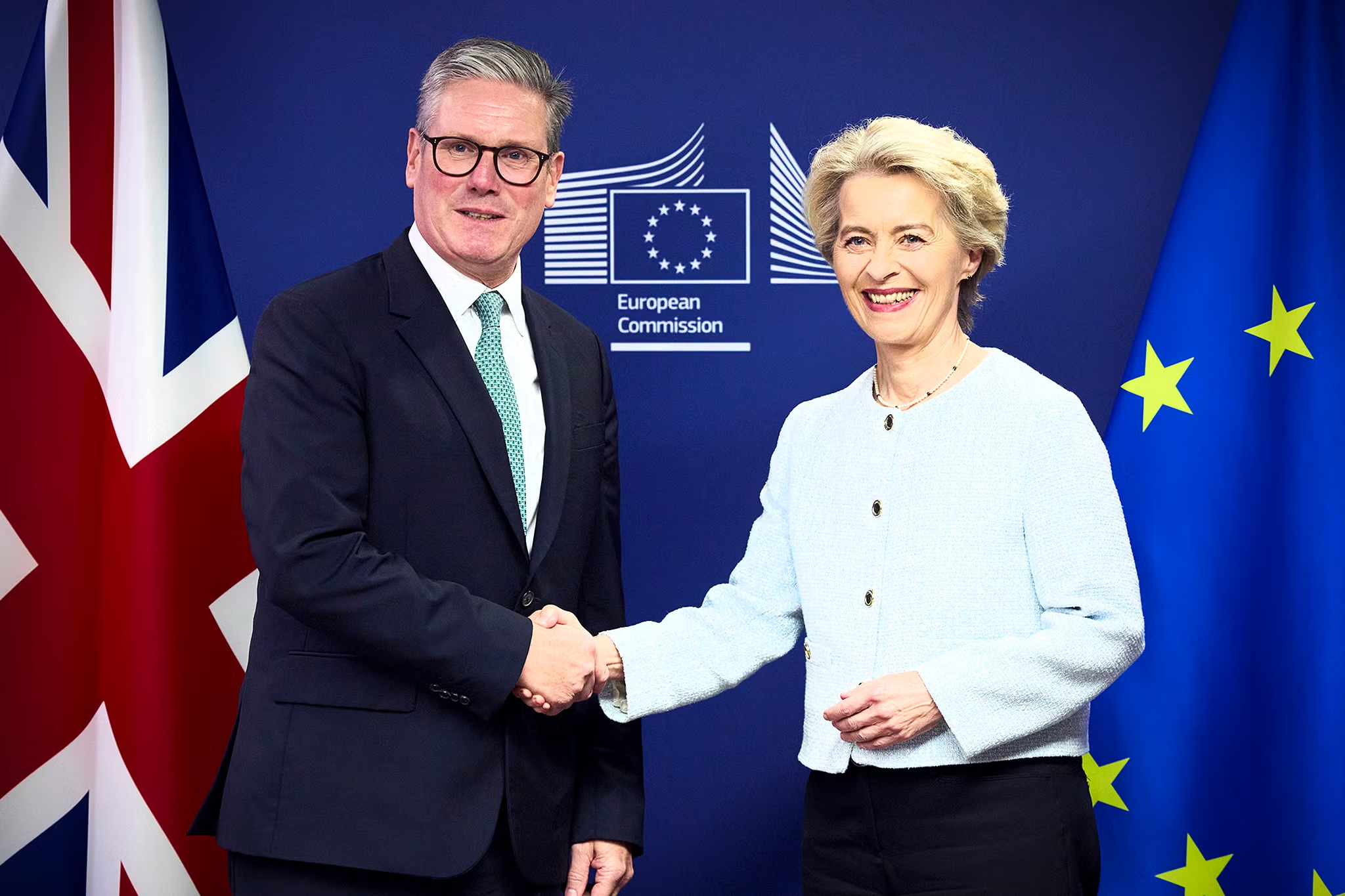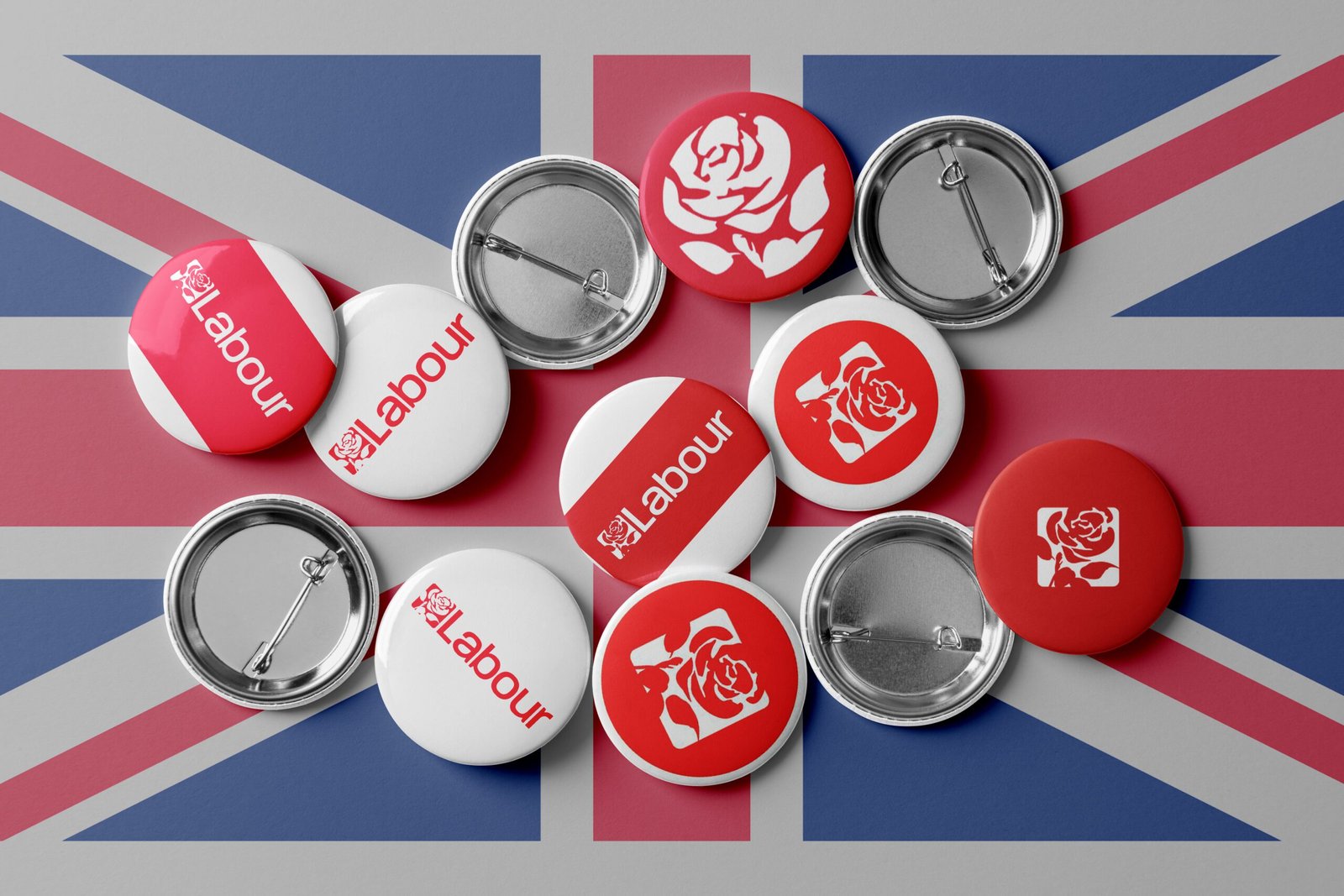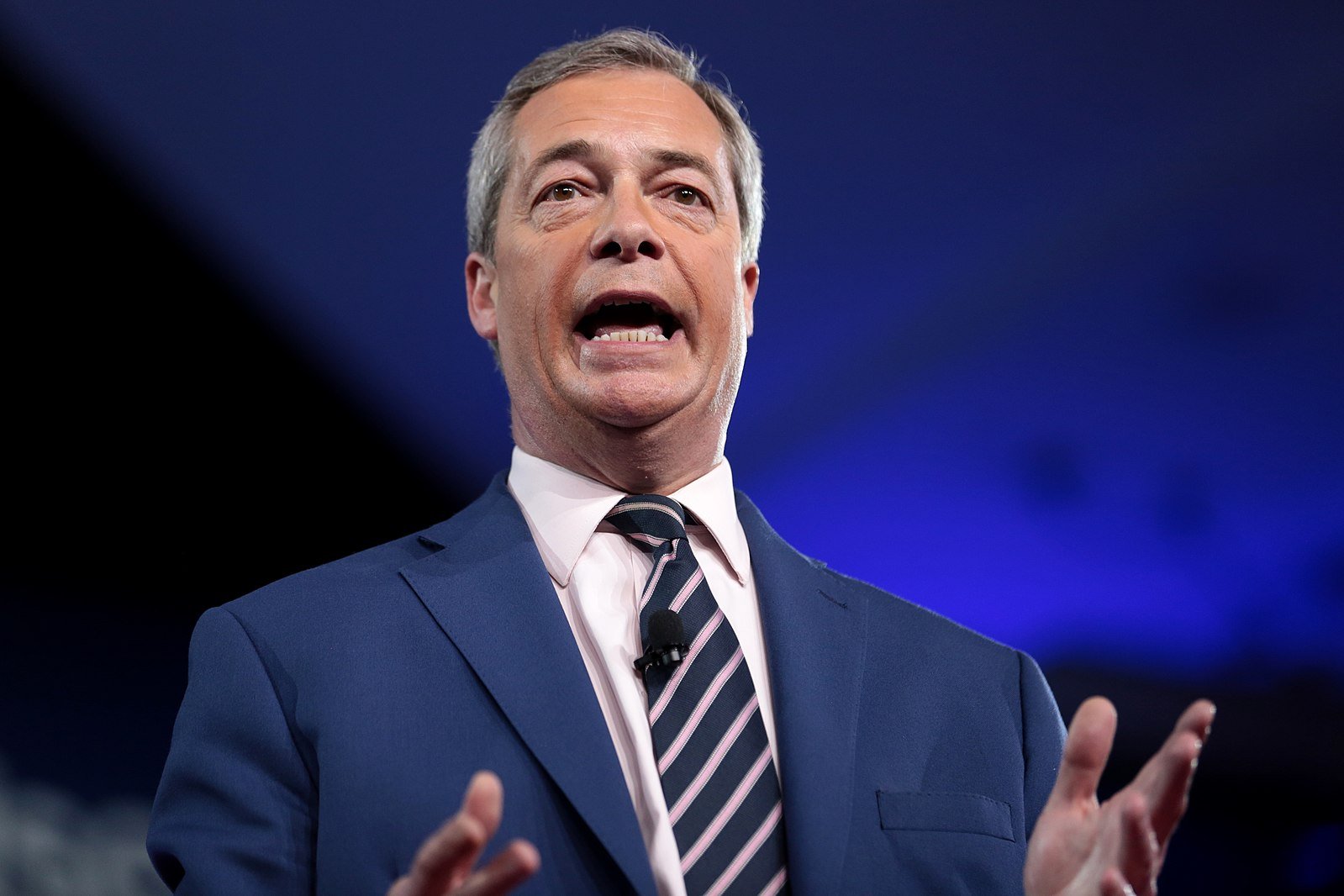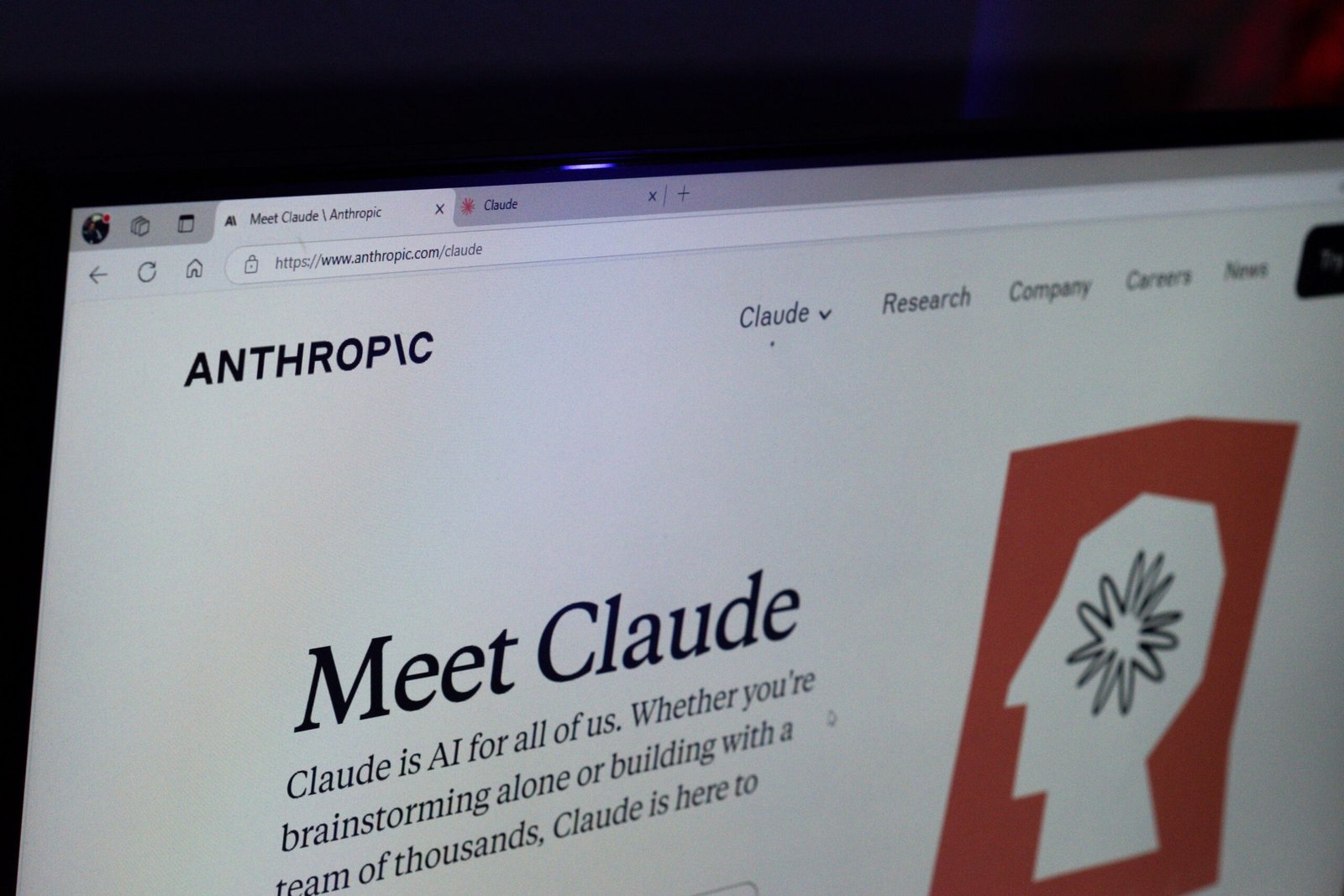
The Prime Minister’s landmark deal with Brussels sparks fierce debate over sovereignty, economy, and the future of Brexit Britain.
In a historic move, Prime Minister Sir Keir Starmer has unveiled a comprehensive “reset” agreement with the European Union, aiming to mend and enhance UK-EU relations post-Brexit. Announced at the first post-Brexit UK-EU summit in London, the deal encompasses enhanced cooperation on security, energy, food standards, and migration. Notably, British holidaymakers will benefit from expedited access through EU e-gates, and a youth mobility scheme will allow limited, controlled access for young Europeans to live and work in the UK. However, the agreement has ignited a political firestorm, with critics accusing Starmer of compromising British sovereignty. The most contentious aspect is the UK’s concession to grant the EU continued access to British fisheries for 12 years, a move that has drawn sharp criticism from the fishing industry and opposition parties, who label it a “surrender.” Despite the backlash, Starmer defends the deal as pragmatic and essential for boosting jobs, lowering energy costs, and easing trade barriers, particularly for food exports.

The political ramifications of the deal are profound and far-reaching, cutting to the core of the UK’s post-Brexit identity. Nigel Farage, leader of Reform UK, has condemned the agreement in stark terms, calling it a betrayal of the 2016 referendum and accusing Starmer of “selling out” Britain to Brussels. In his view, this deal restores EU influence over British lawmaking without granting the UK any formal representation—a return to what many Leave voters most feared. Conservative leader Kemi Badenoch echoed these sentiments, warning that the government is undoing key pillars of Brexit, including border control and regulatory independence.
Of particular concern to critics is the UK’s acceptance of EU food and agricultural standards, which some say will limit innovation and domestic flexibility. The reintroduction of limited oversight by the European Court of Justice—especially in dispute arbitration—has been seized on as symbolic of creeping EU judicial influence. The proposed “Youth Experience Scheme,” which could grant access to up to 80 million young Europeans, is seen by many as an attempt to quietly reintroduce freedom of movement under a different name.
Yet amid the political storm, supporters of the deal see a long-overdue correction to the UK’s isolation. Proponents argue it marks a pragmatic turn—one that allows Britain to reconnect with vital research, educational, and trade programmes like Erasmus+ and Horizon Europe. Businesses that have struggled with post-Brexit red tape have largely welcomed the deal for its promise of smoother cross-border operations and predictability. For many ordinary citizens, the ability to travel more freely across Europe without visa delays or customs nightmares is a tangible and welcome benefit.
This divide reflects the deep wounds still left by Brexit—wounds that have yet to fully heal. Whether this agreement will be seen in hindsight as a betrayal or a breakthrough will depend on how effectively it delivers real-world benefits without compromising core principles. For now, the country is left in limbo, with Starmer’s government walking a political tightrope between economic necessity and ideological backlash.
From a personal perspective, this deal represents a significant shift in the UK’s post-Brexit trajectory. While the economic benefits, such as improved trade relations, smoother regulatory cooperation, and reduced red tape for exporters, are undeniably appealing, the concessions made raise uncomfortable questions about the UK’s autonomy and the true cost of re-engagement with the EU. The fishing industry’s concerns are not just symbolic—they are grounded in real fears about sustainability, economic survival, and broken promises that Brexit was supposed to correct.
The youth mobility scheme, too, while framed as an opportunity to promote cultural exchange and workforce dynamism, risks reopening the long-standing debate about immigration and labour competition. While it’s easy to see the benefits for young people, the lack of clear limits and enforcement mechanisms leaves many wondering whether this is, in effect, a quiet return to freedom of movement through the back door.
As a citizen, I am torn between the hope of renewed stability and the desire for the UK to chart its own course in the world. There’s a difference between collaboration and capitulation, and the line between the two feels increasingly blurred in this deal. It’s hard to ignore the irony that, just a few years after the impassioned Brexit referendum, we now find ourselves courting Brussels for easier access and restored privileges—many of which we willingly gave up.
Ultimately, the government’s challenge lies not only in defending this agreement in Parliament but in justifying it to a public that remains deeply divided. It must strike a delicate balance between economic pragmatism and democratic accountability, between healing divisions and honouring the result of a polarising referendum. The future of the UK should be shaped by informed, transparent dialogue—not expedient compromises that feel more like political sleight of hand than genuine consensus-building. Whether this deal is the beginning of a sensible reset or the slow erosion of hard-won independence remains to be seen.
https://www.theguardian.com/politics/2025/may/19/keir-starmer-uk-eu-reset-deal-win-win





